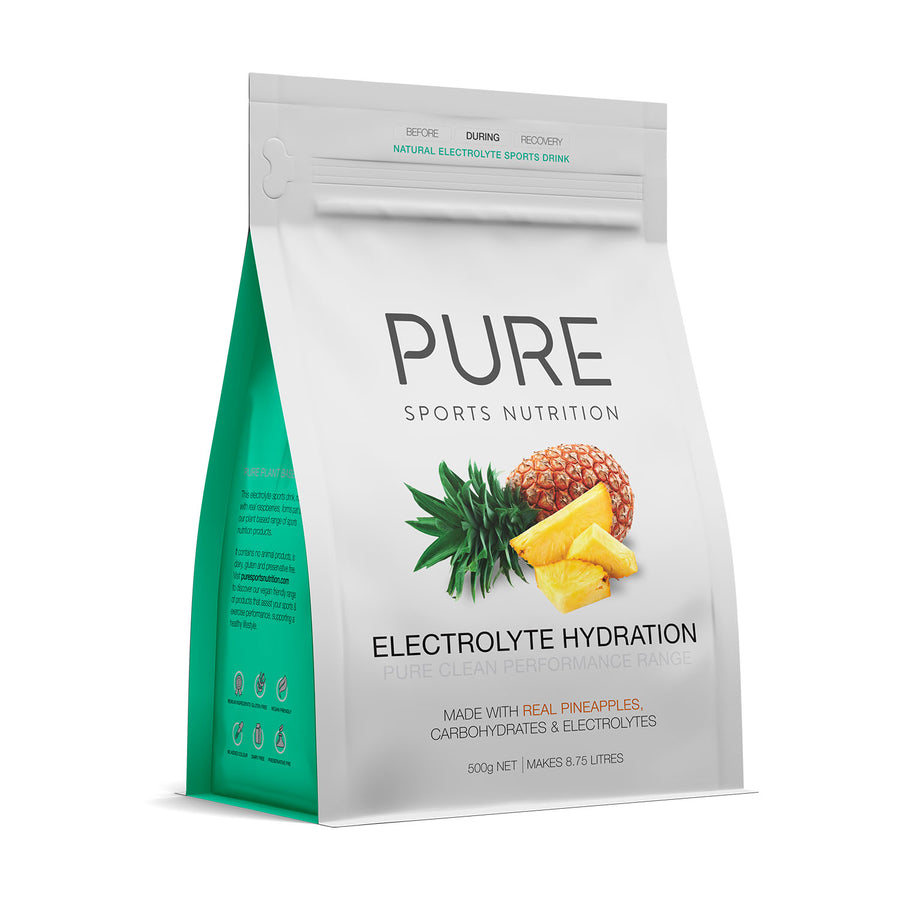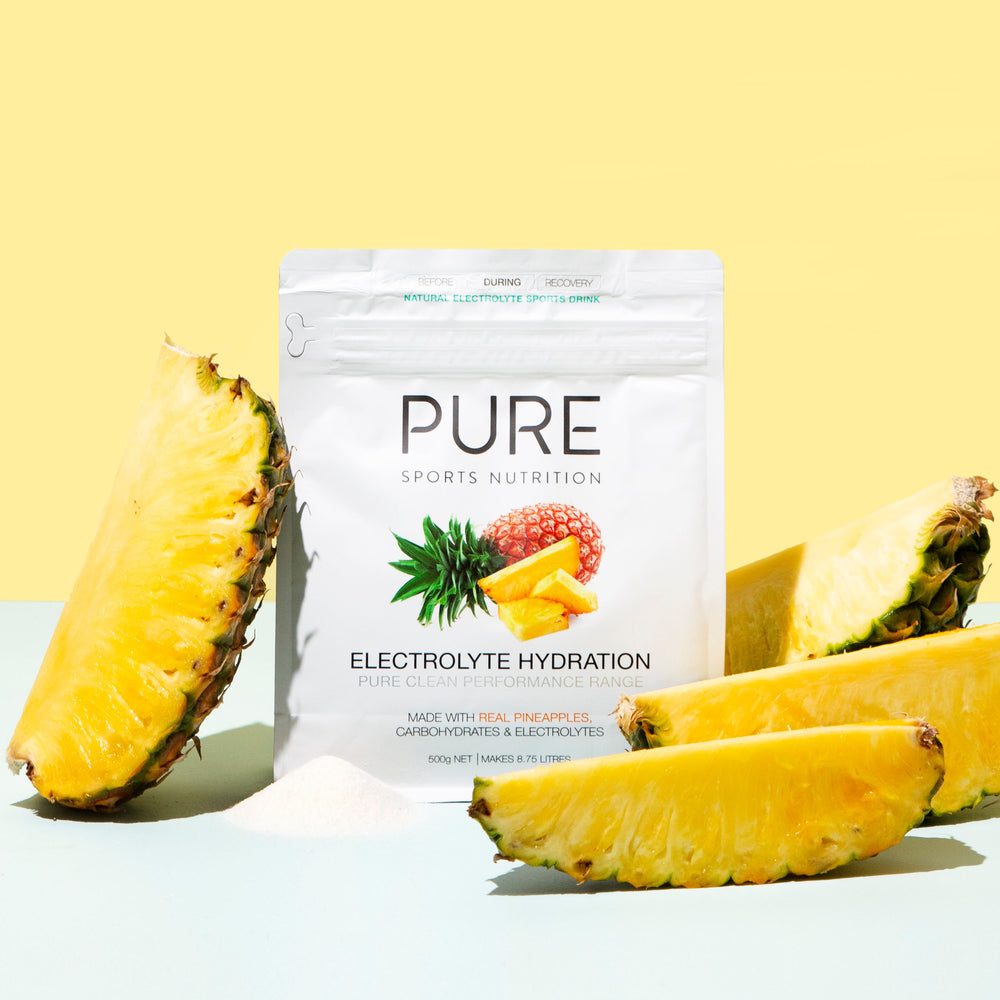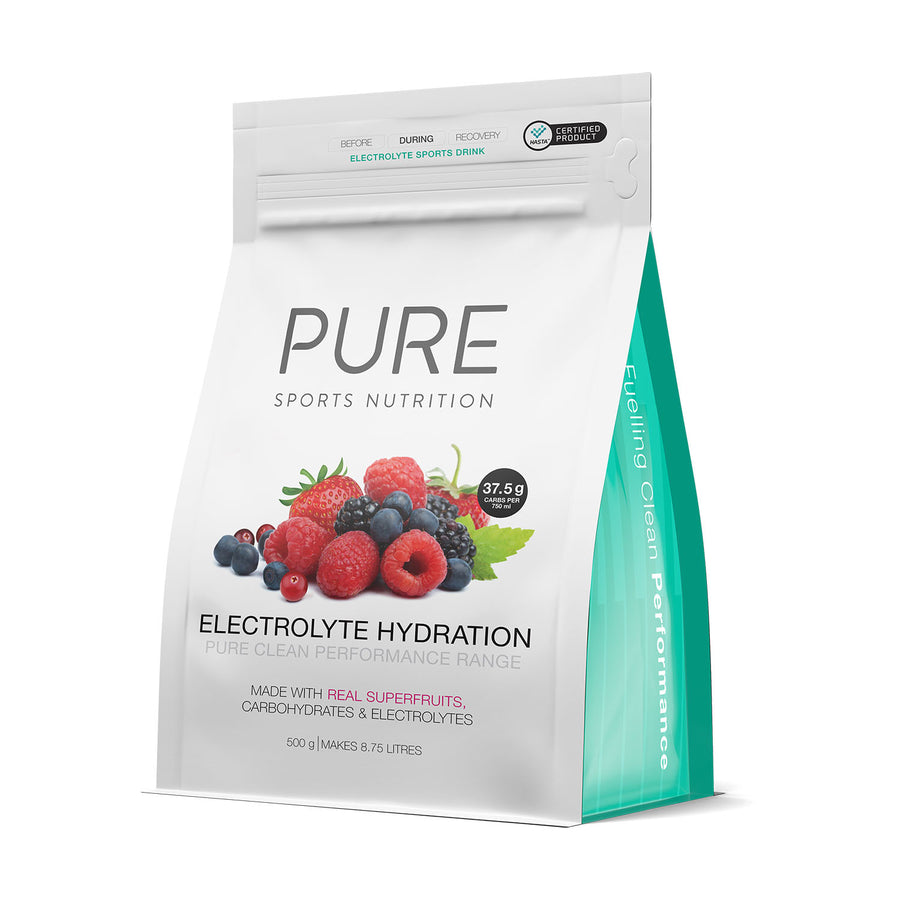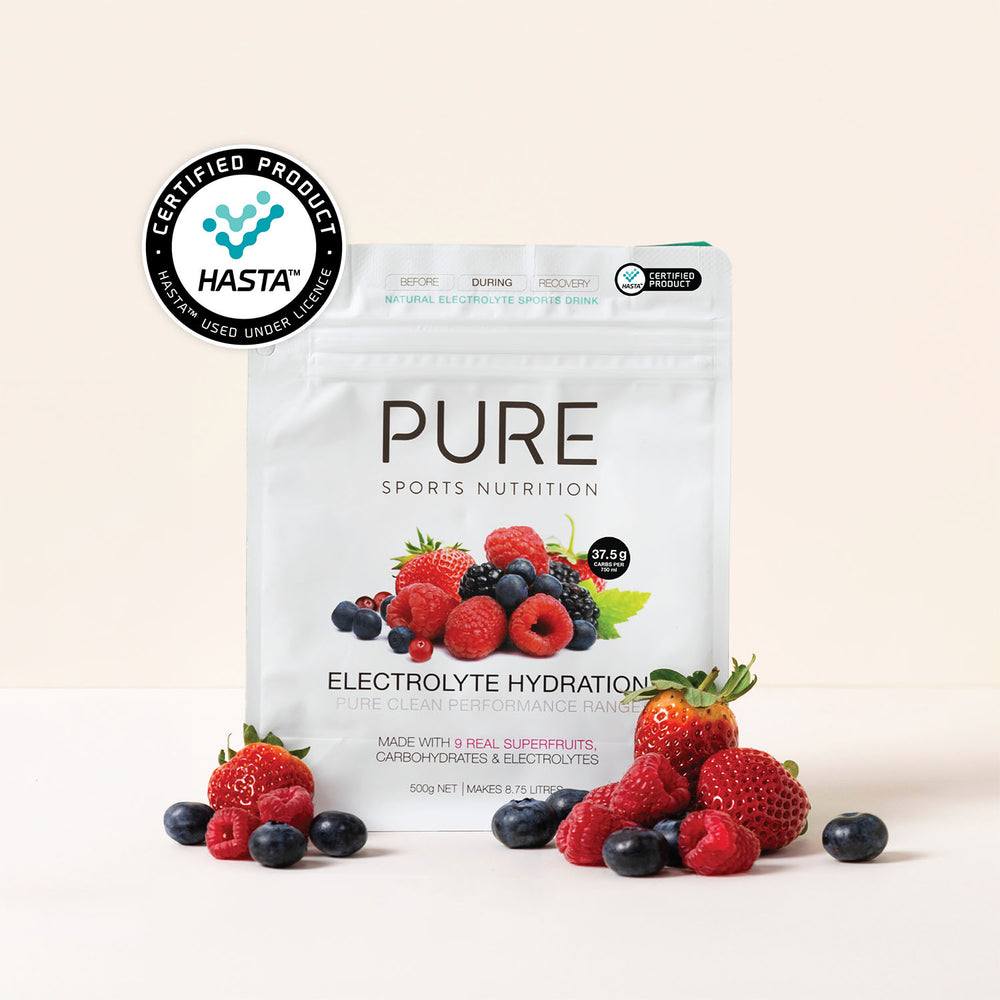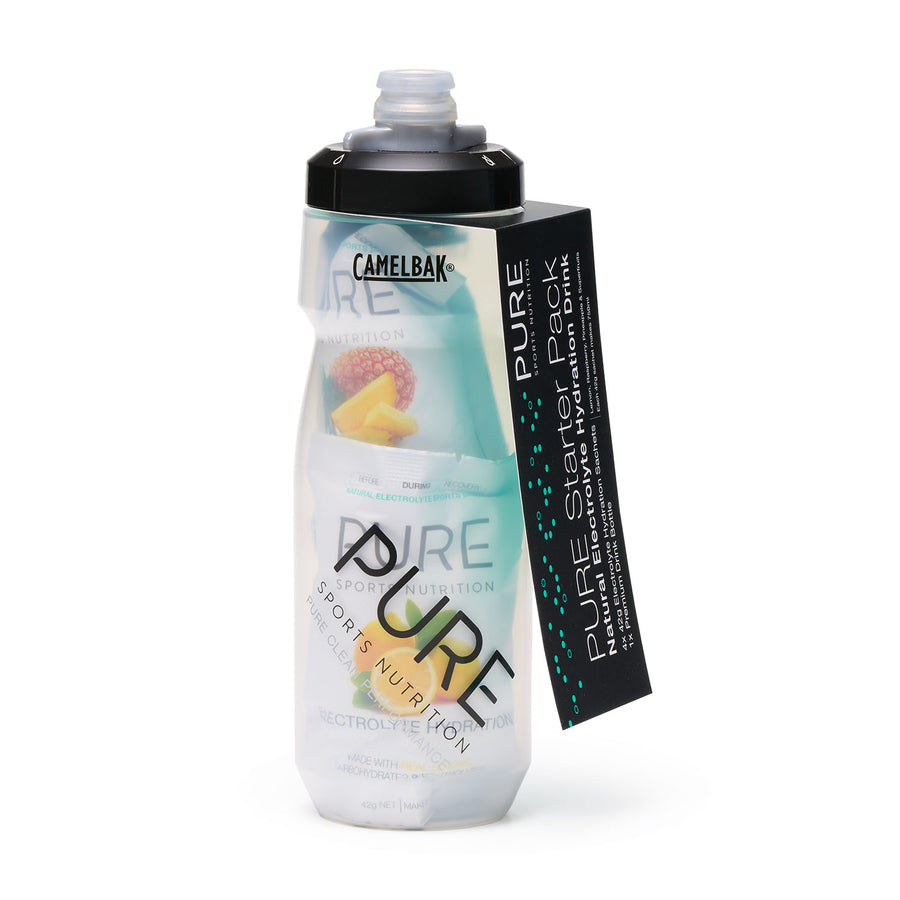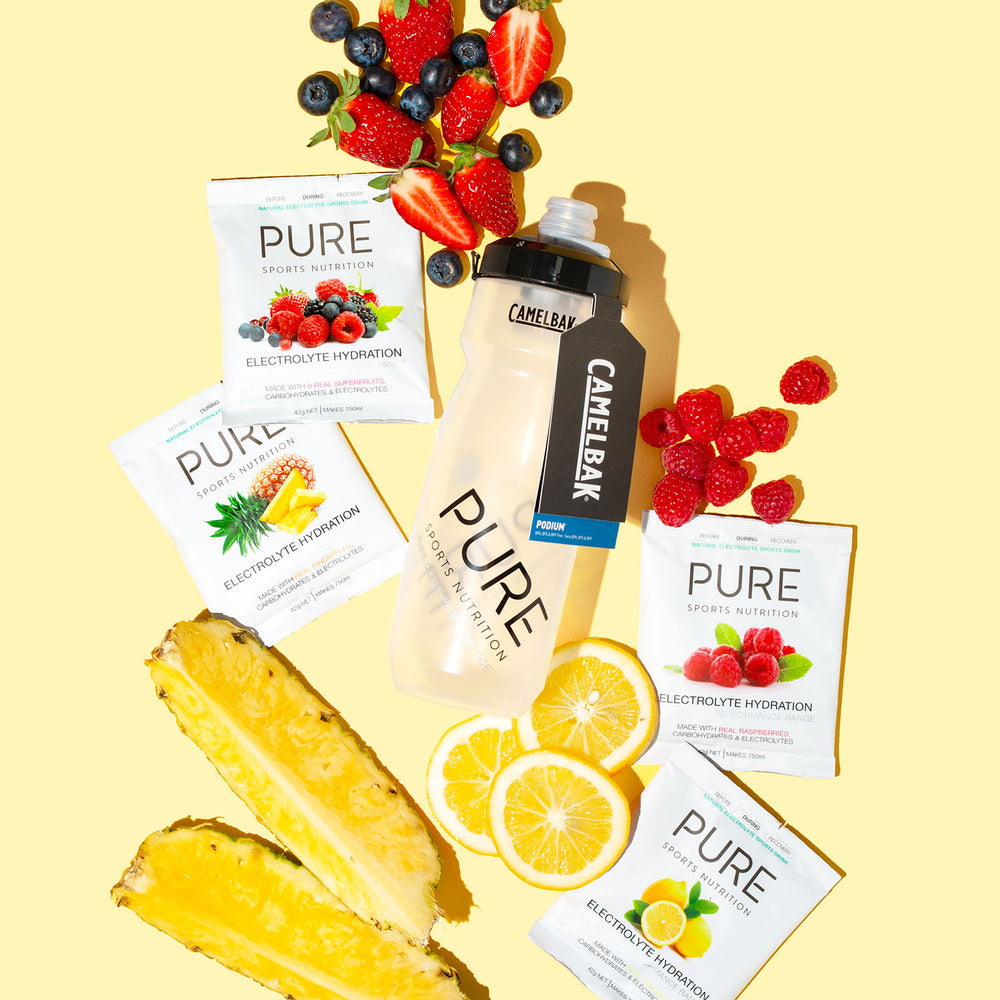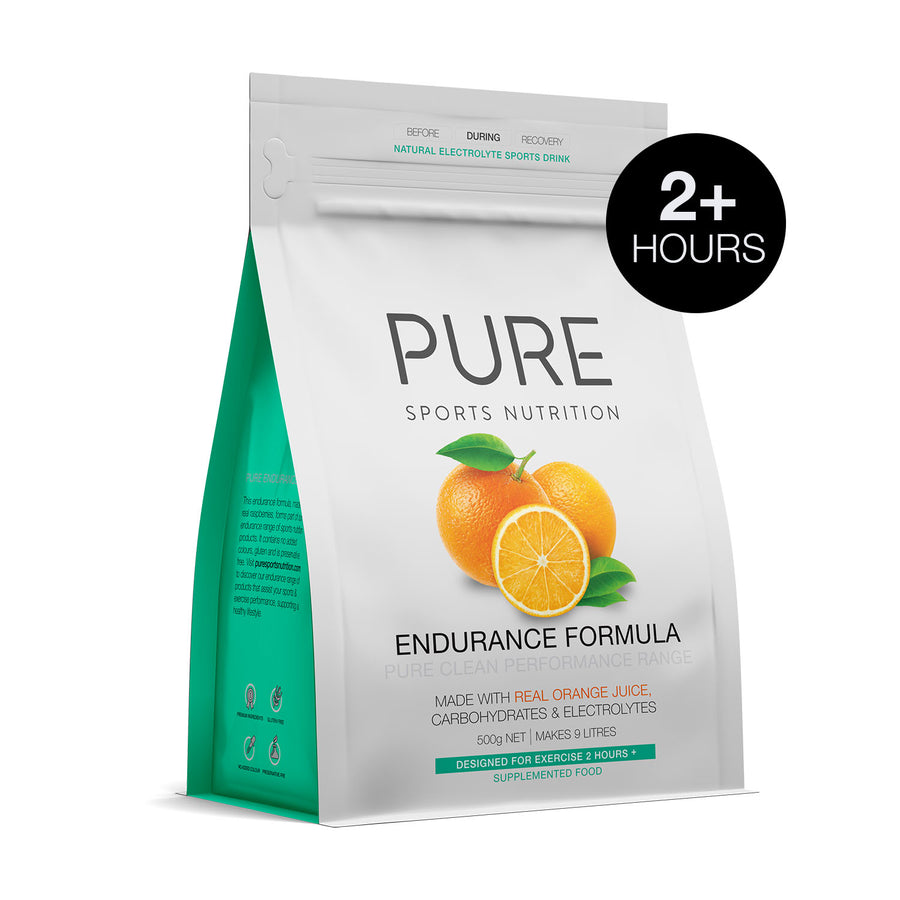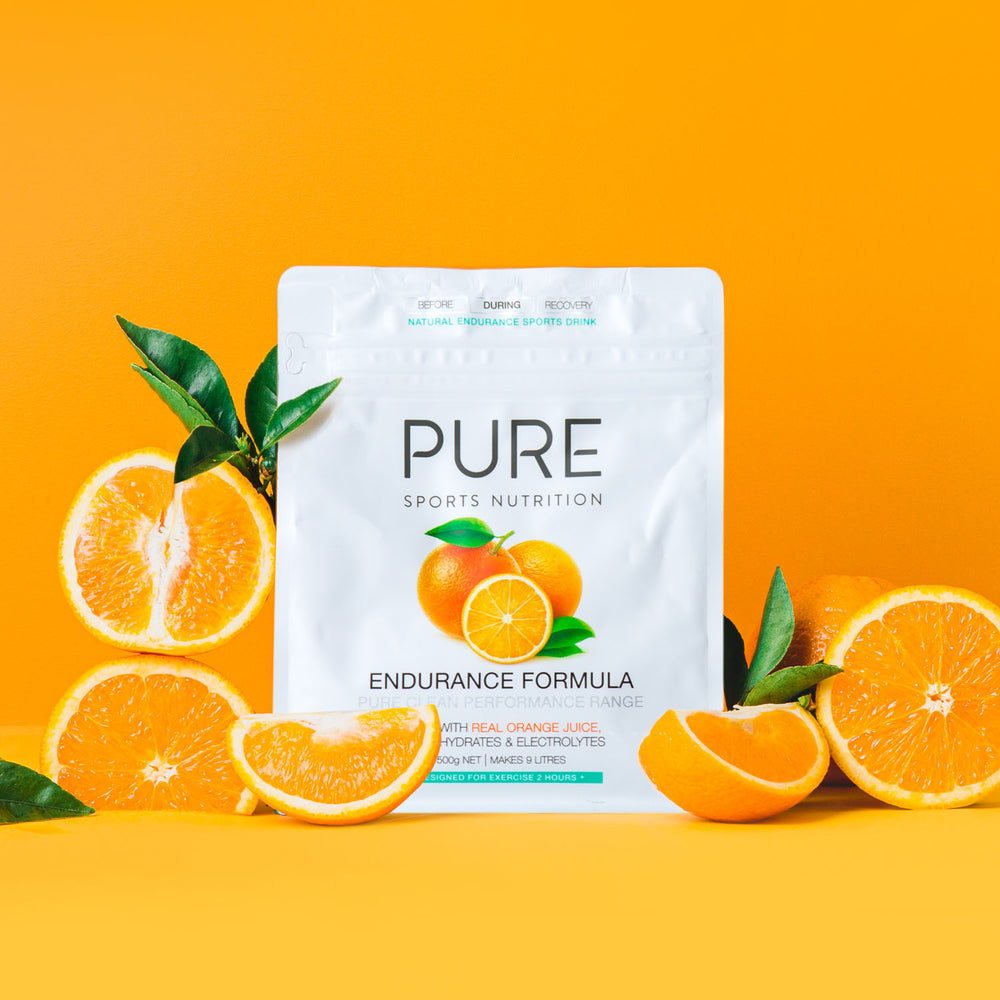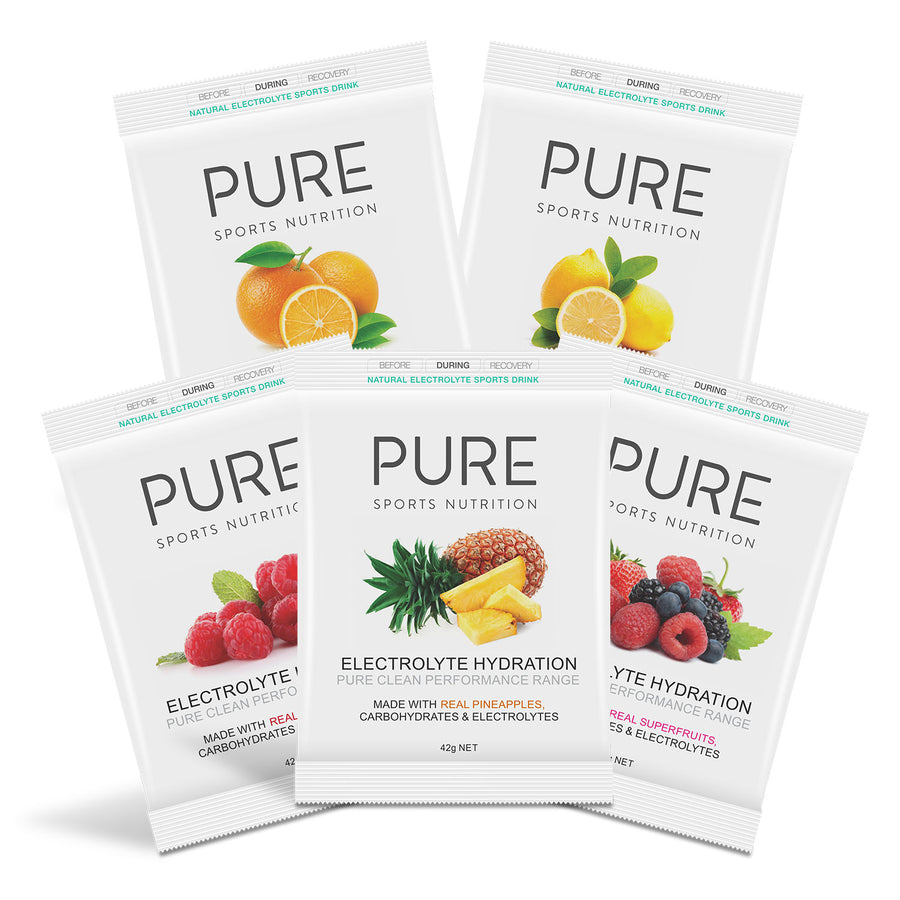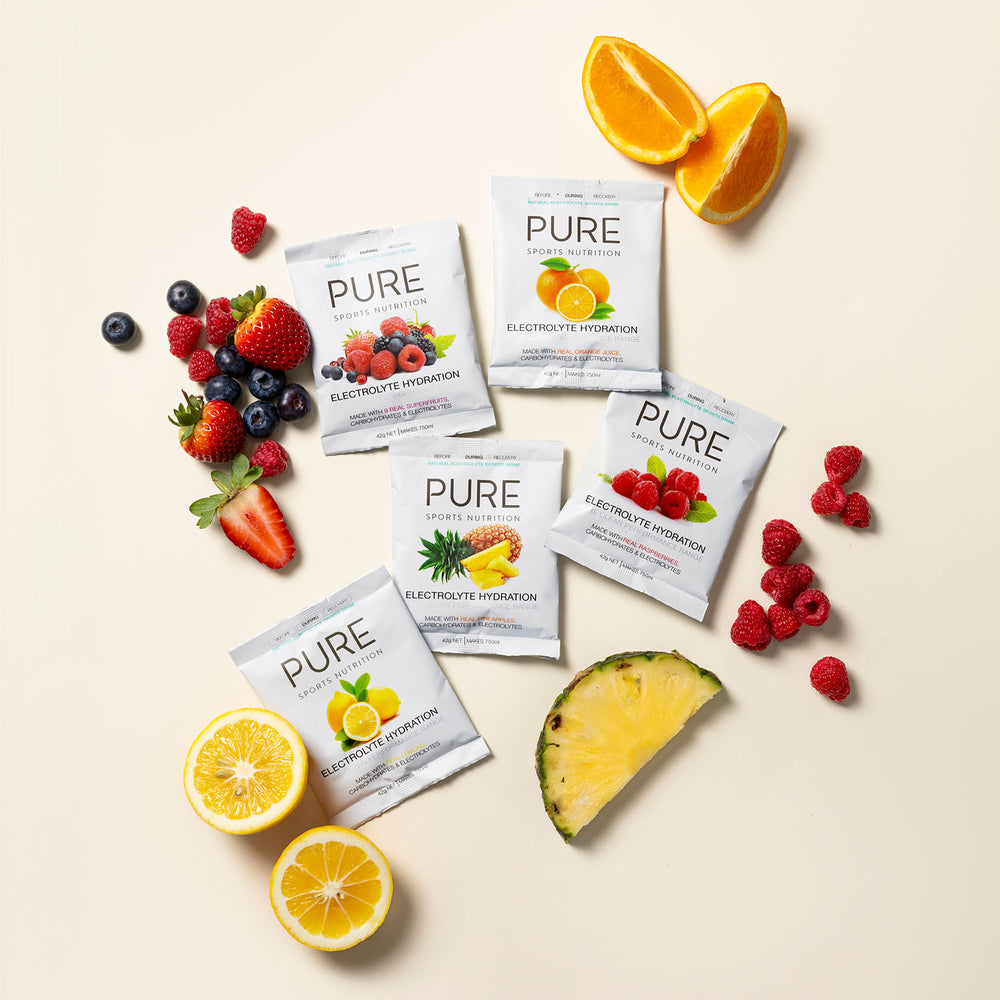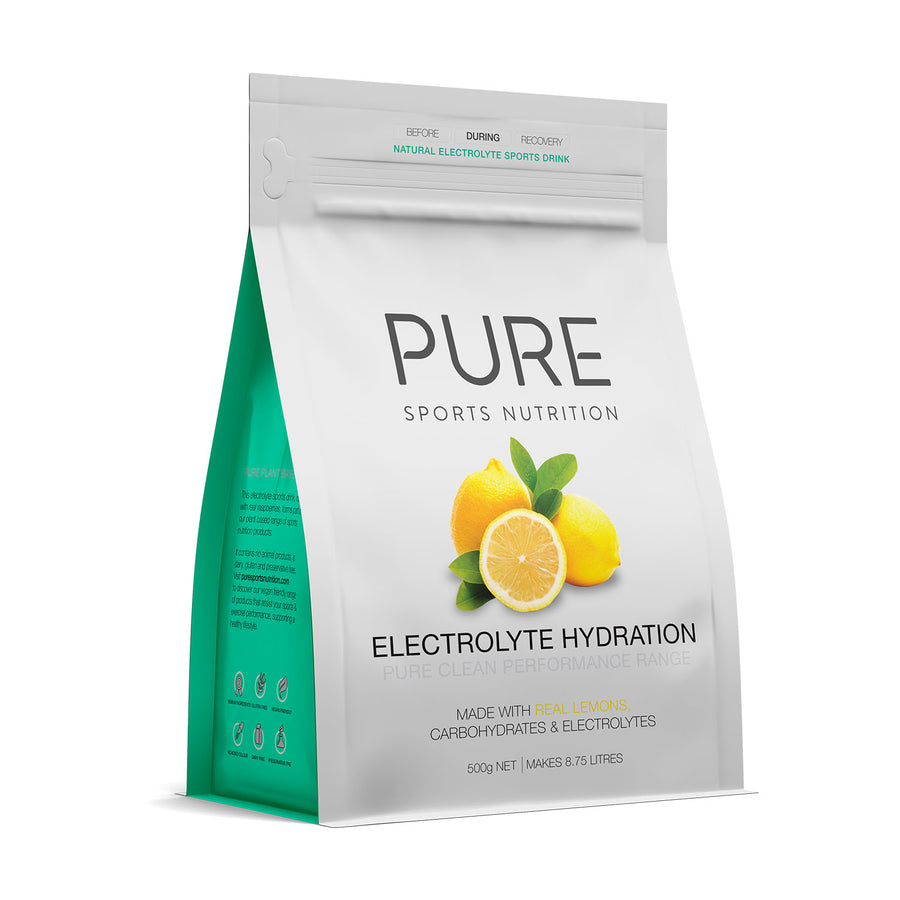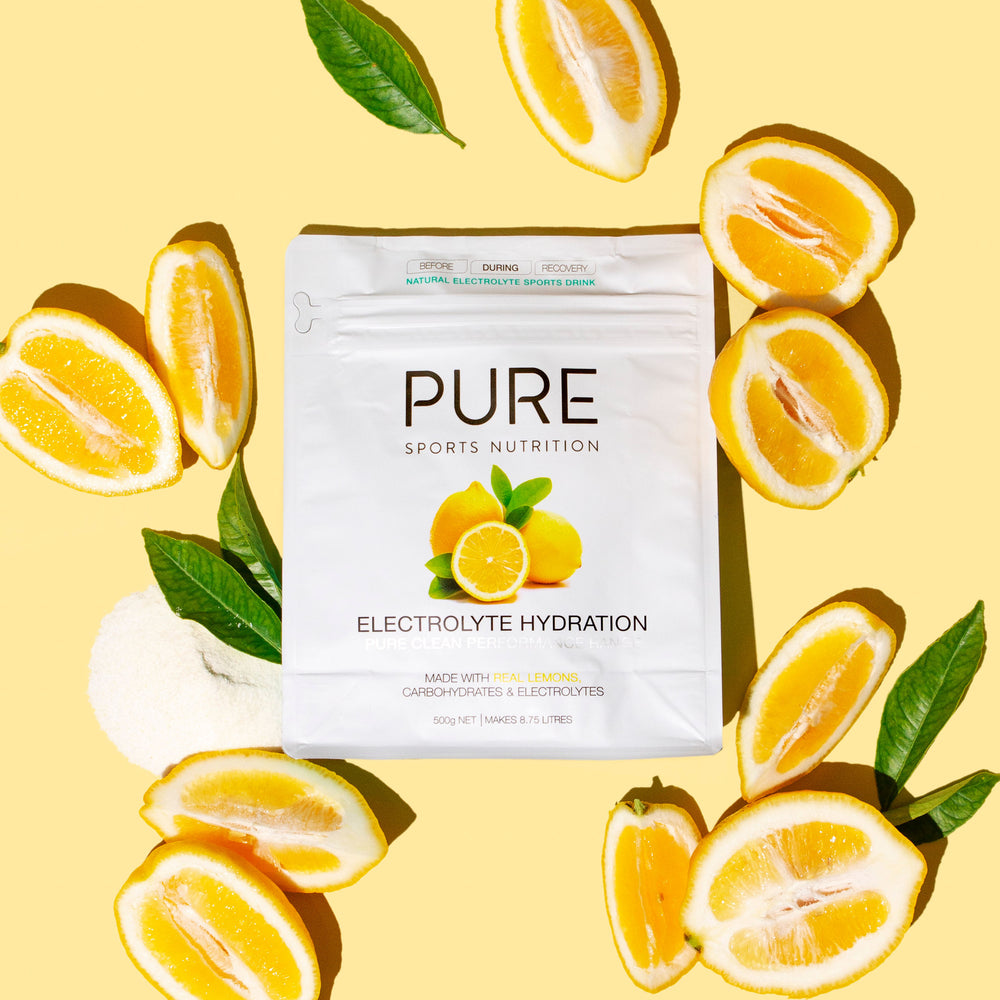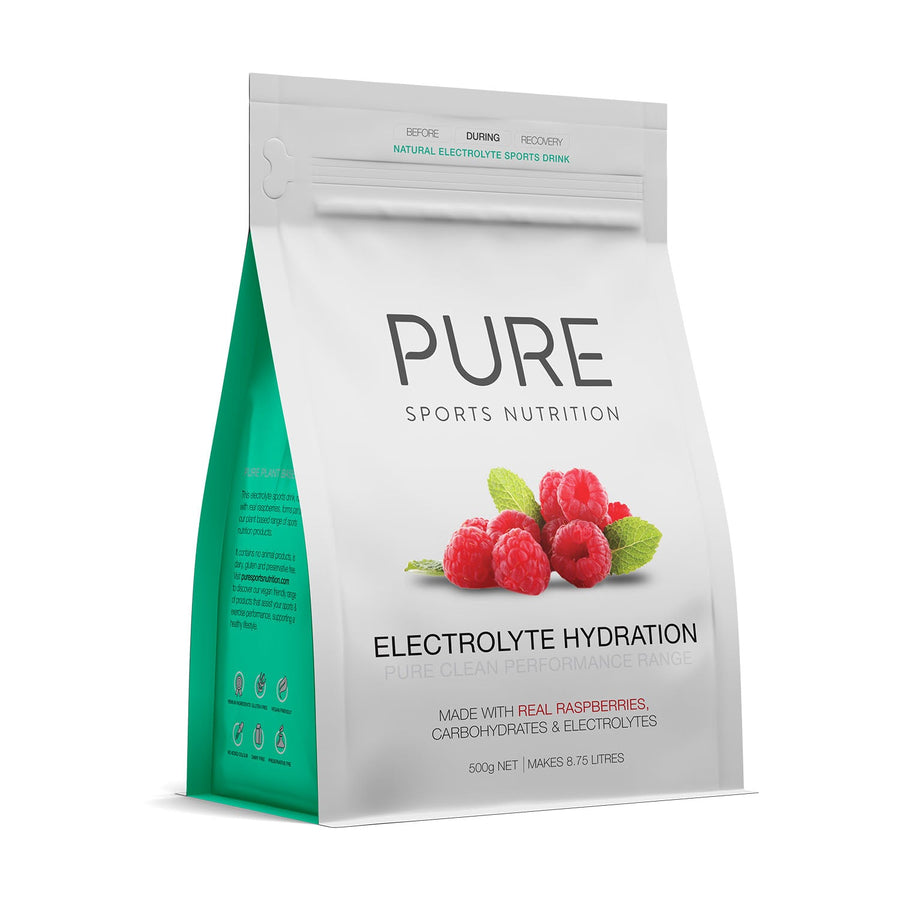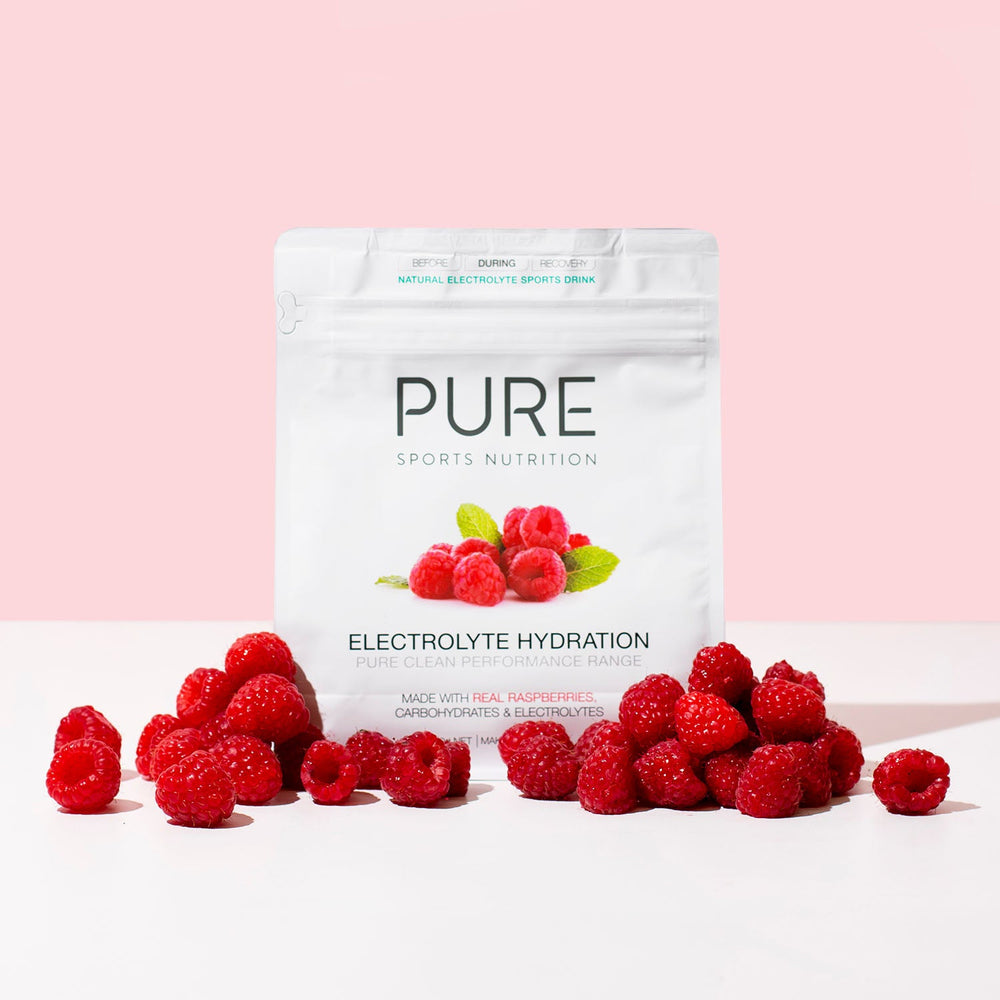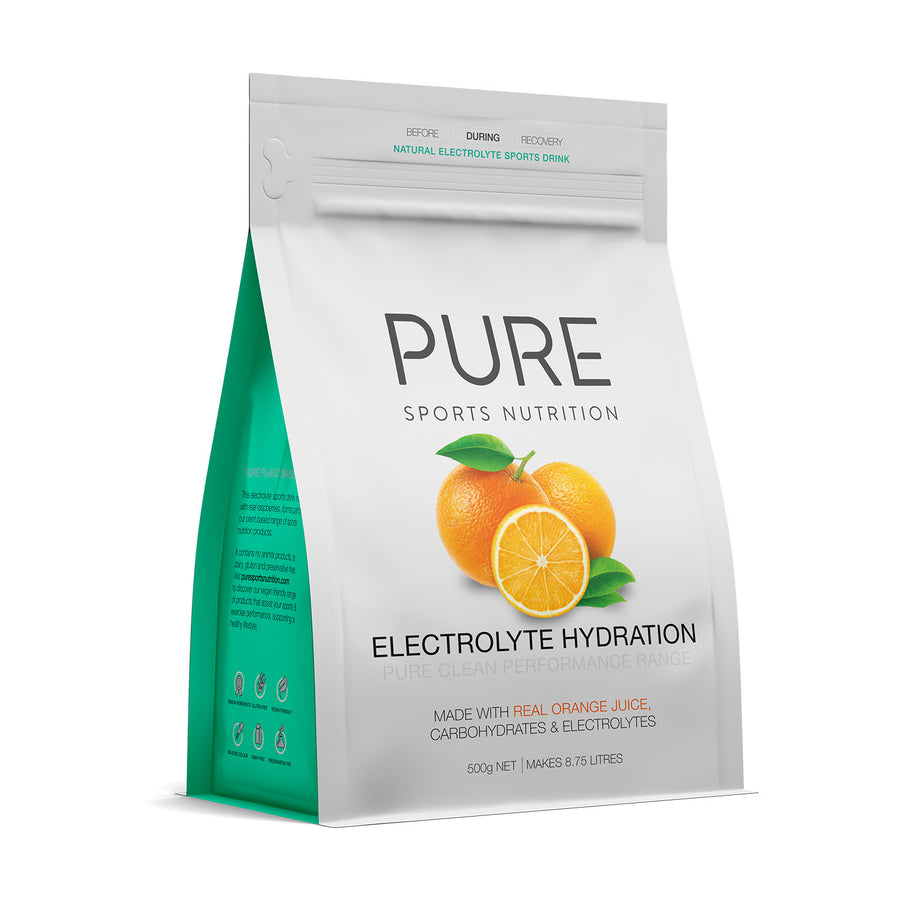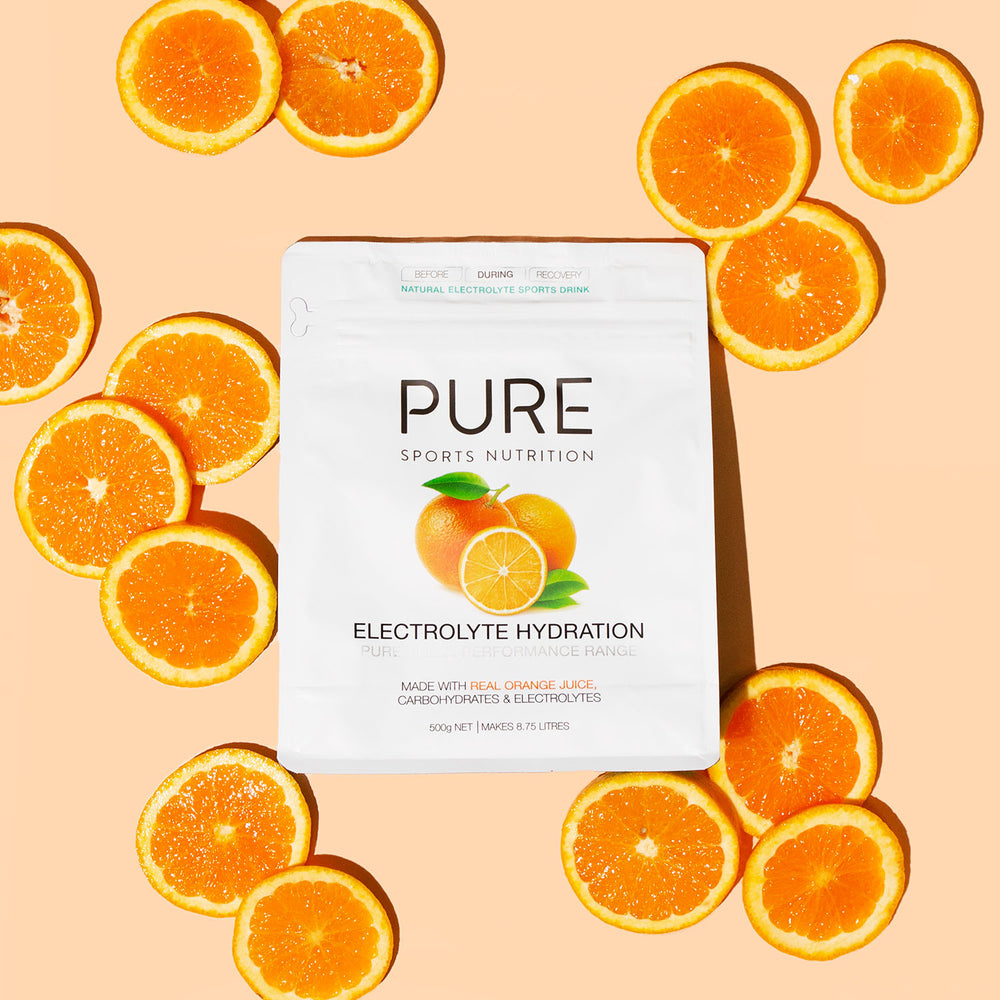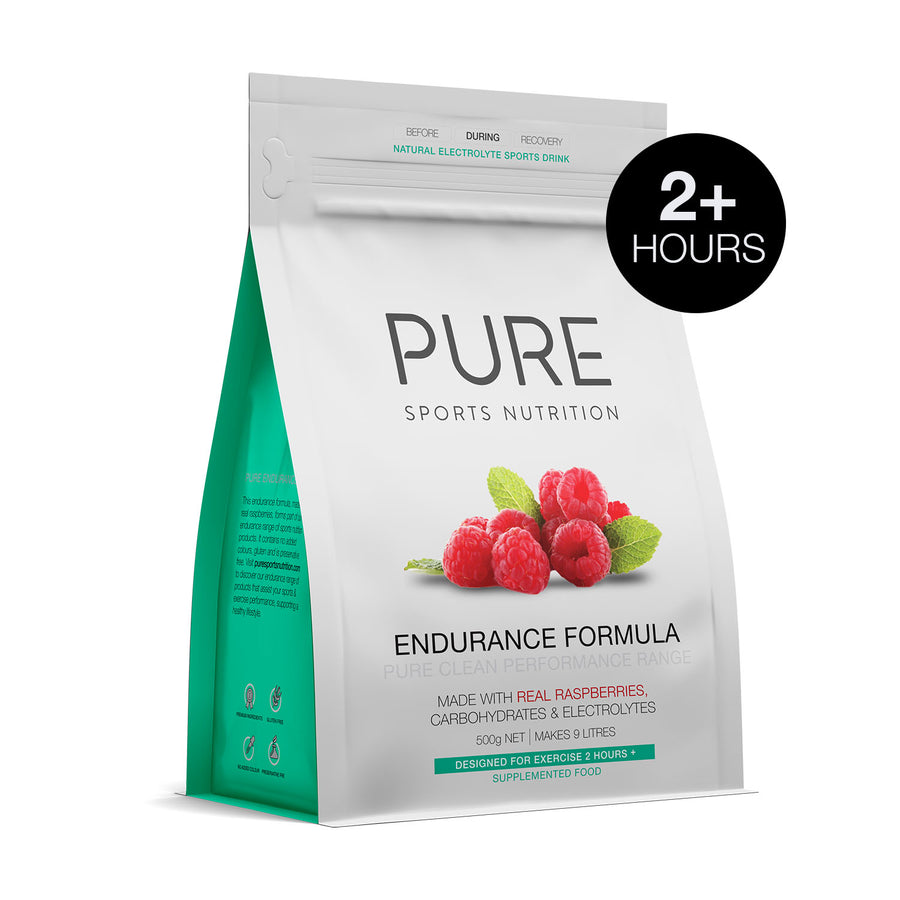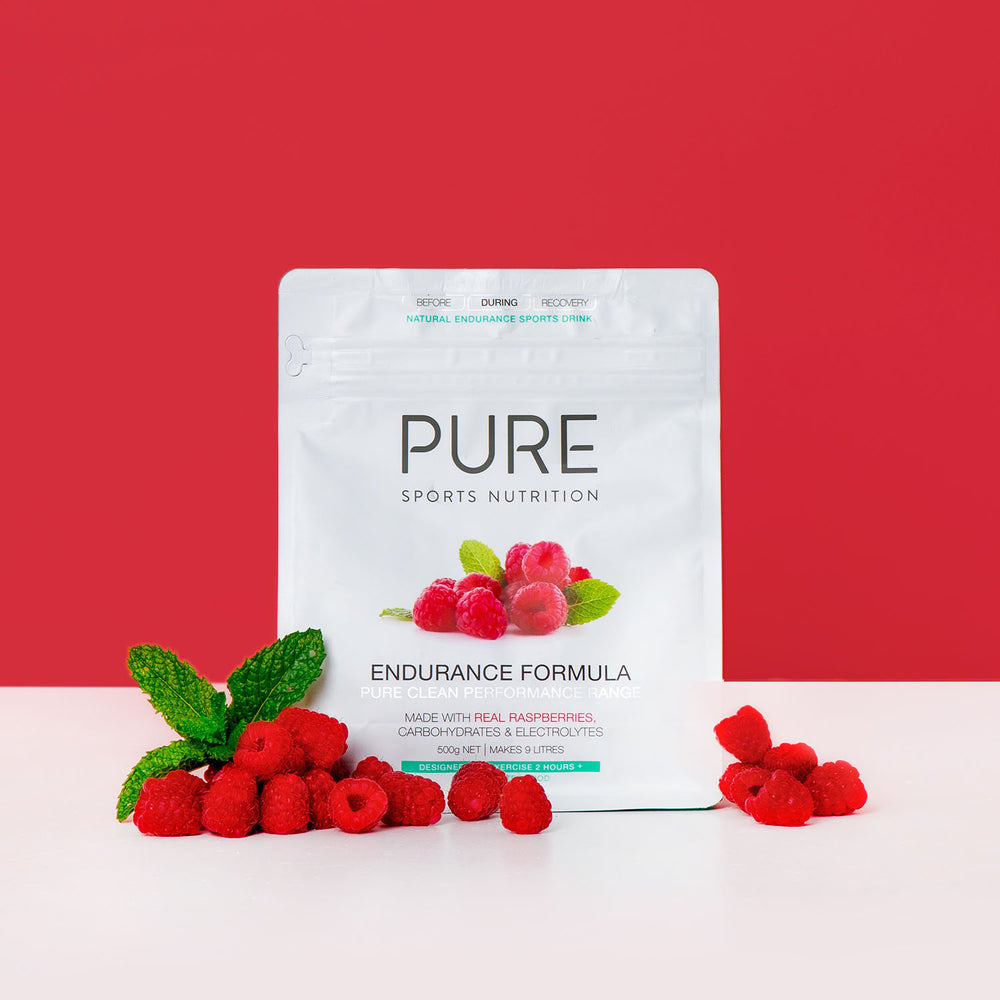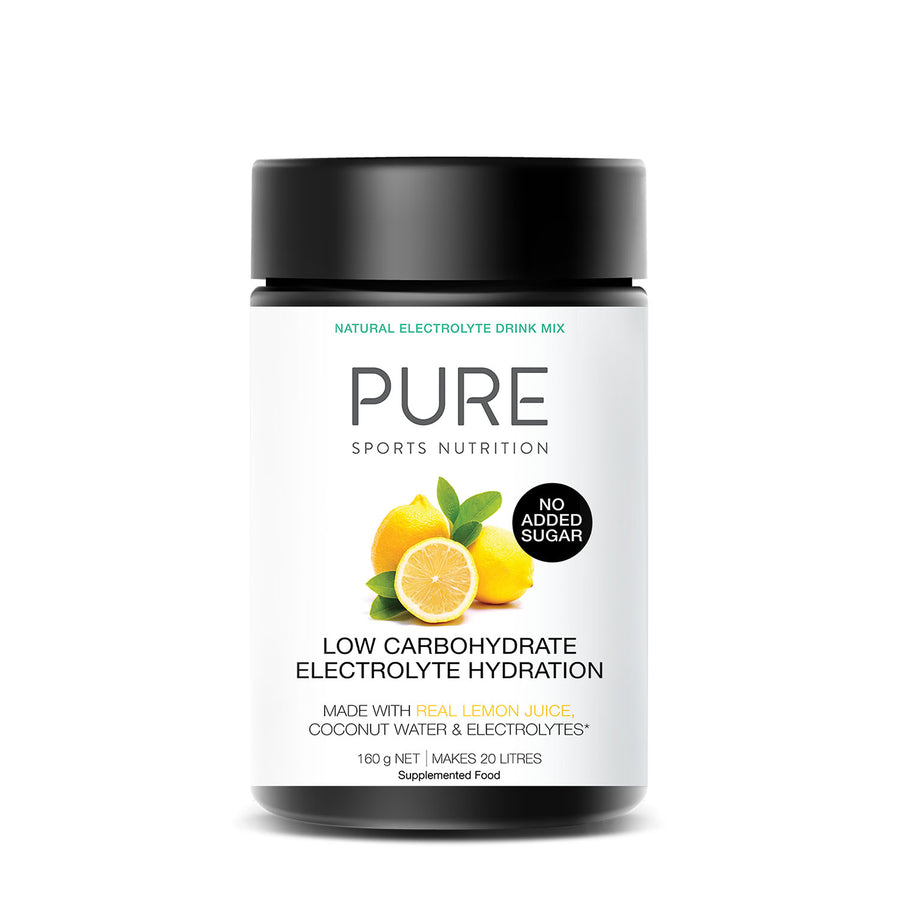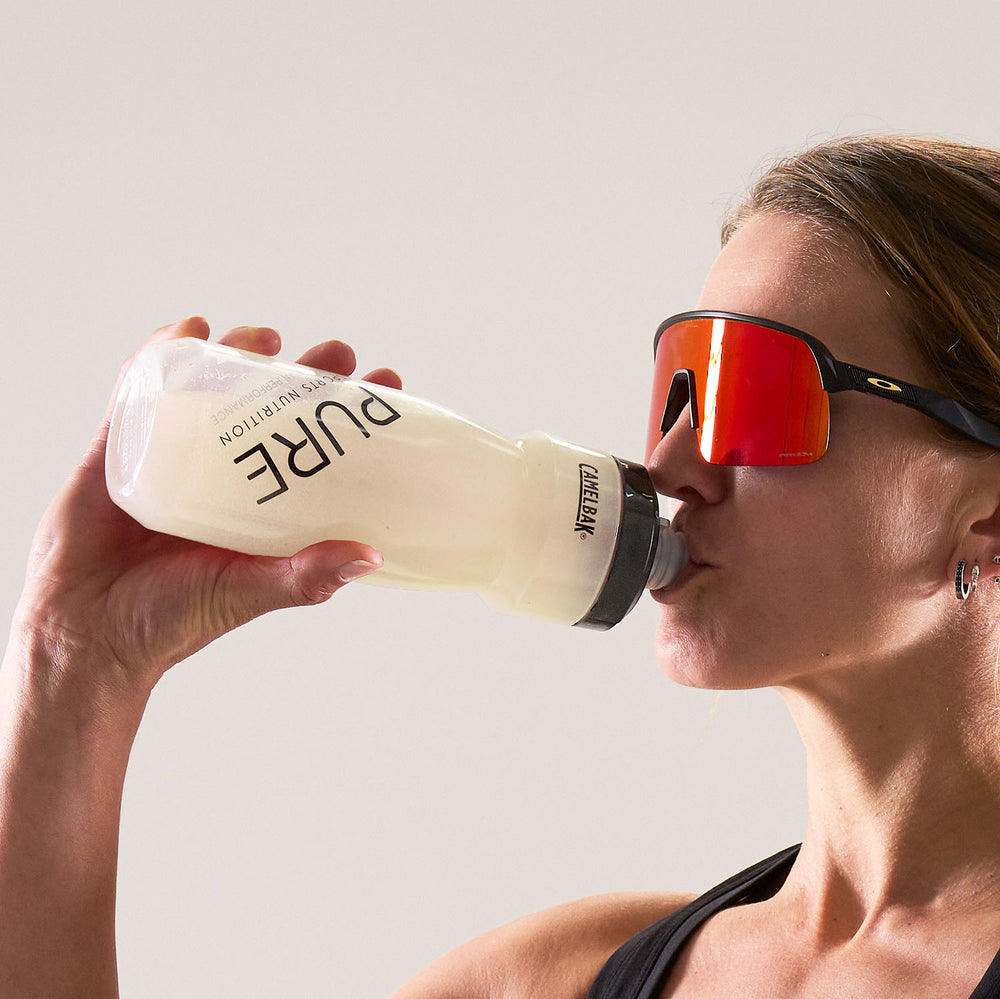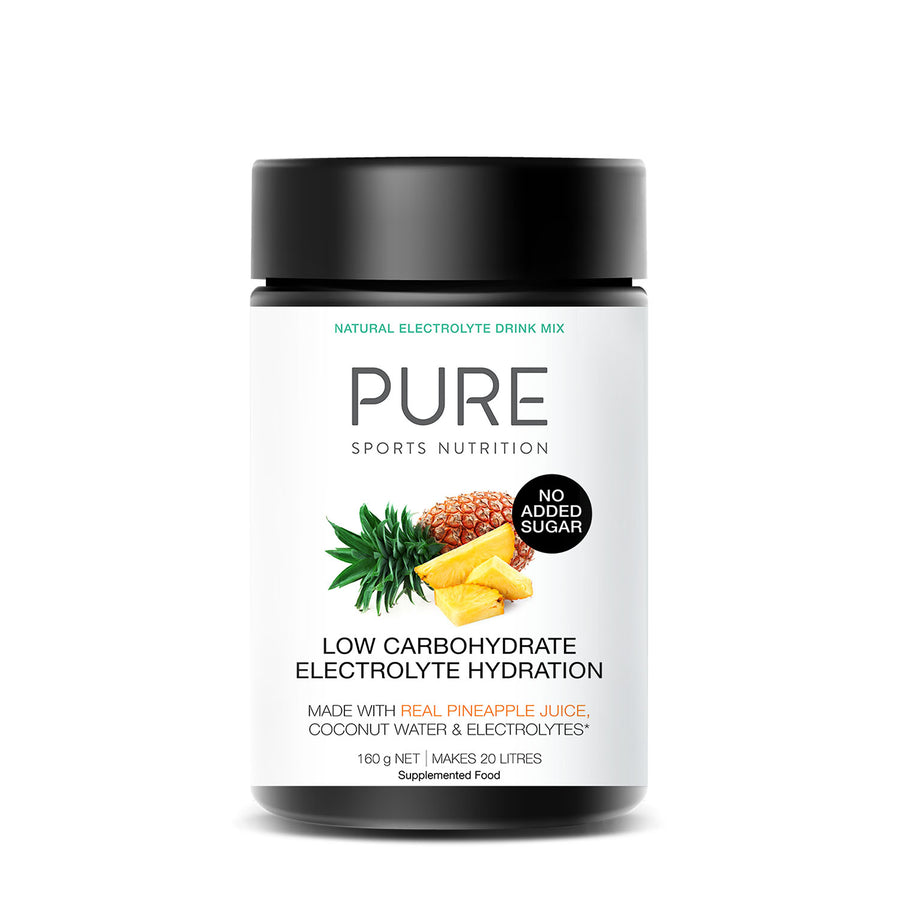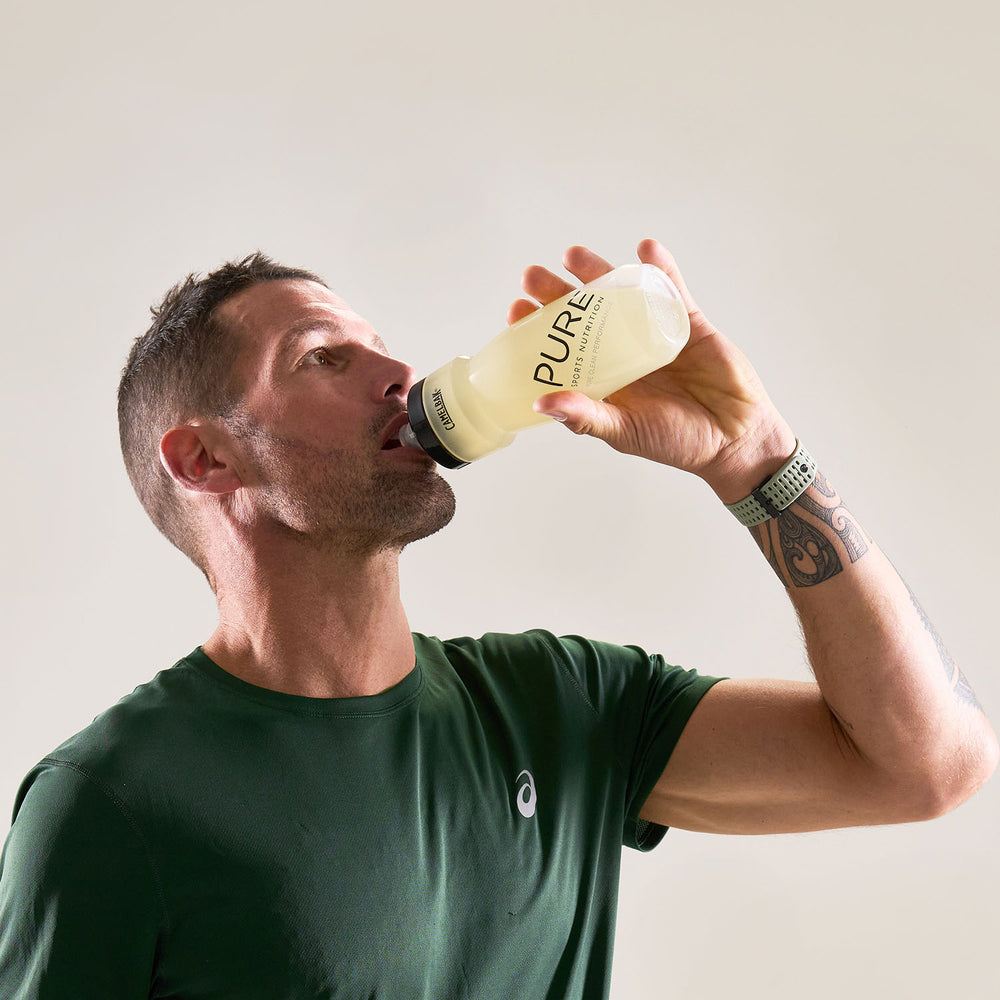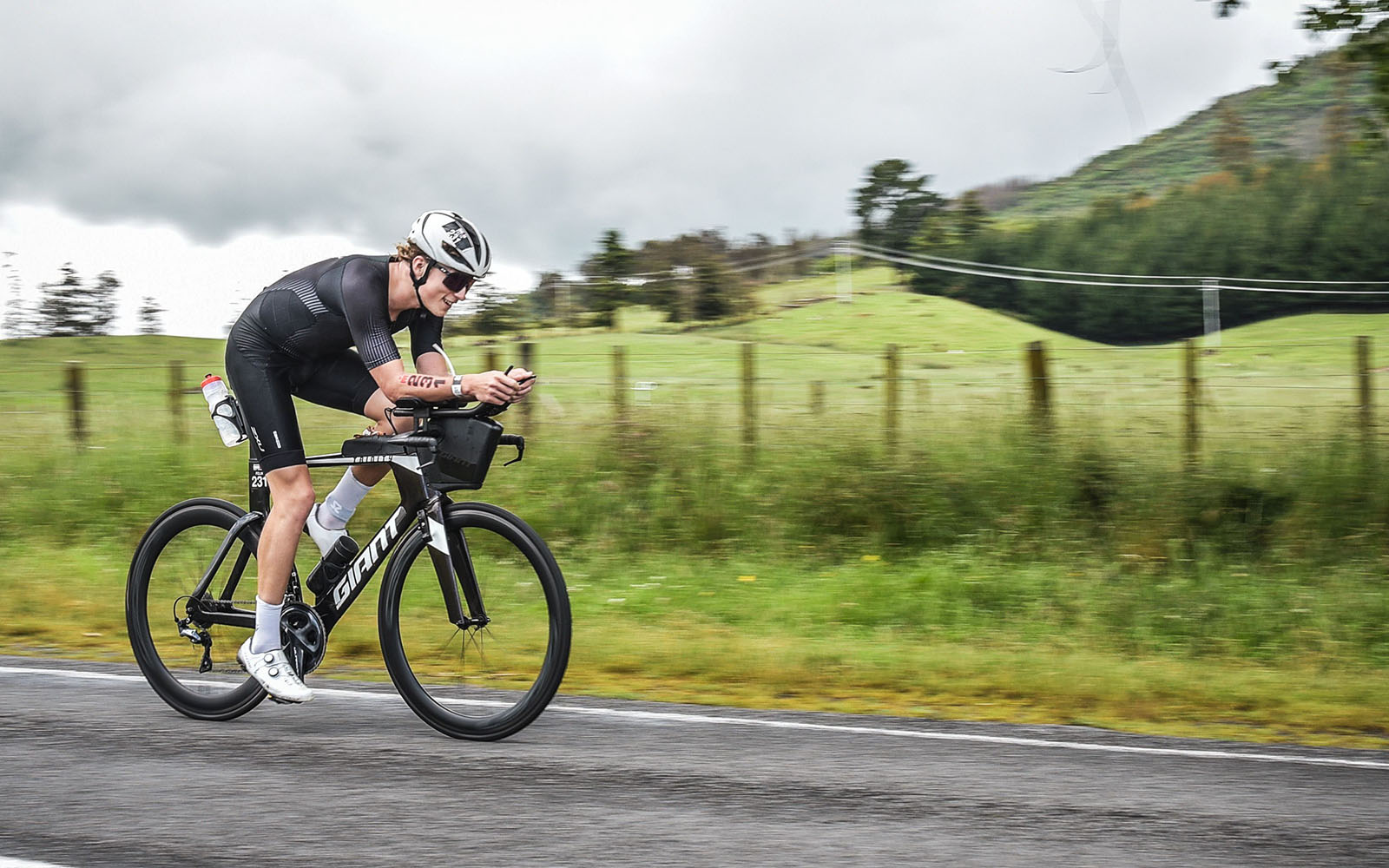
Triathlon Nutrition: Practical Race Day Pointers
Fuelling your body for racing can be confusing at the best of times. Throw 3 different disciplines into one race and you have a real challenge on your hands. Here are a few practical tips from our co-founder and sports nutritionist, Marewa Sutherland, to tackle any distance of endurance triathlon like a pro.
Basic Summary Nutrition Goals:
- Start hydrated and limit dehydration by replacing lost fluids
- Fuel muscles to prevent fatigue
- Replace electrolytes (salts) lost in sweat
- Avoid stomach discomfort by choosing foods and fluids carefully
Swim
Obviously, swimming isn’t the most convenient time to take food onboard (or intentionally drink) so the pre-race meal is super important for topping up your fuel supply for the day. To ensure plenty of time for digestion this should be eaten 2-4 hours before the start gun sounds (worth setting the alarm for even if you go back to sleep after). When it comes to food options you need to think easy-to-eat comfort food that is high in carbohydrates such as cereal, porridge, honey or jam on toast. If you really struggle to eat on race day opt for a liquid meal replacement to ensure you are getting something onboard.
How much do you need to eat? Generally, the closer you leave your main meal to race time the smaller it should be to avoid stomach upsets. Where possible, have another snack handy for around one-hour prior to start time (banana, muesli bar or liquid meal replacement) and you get extra points for topping up blood sugar levels 15 min before go time.
Begin drinking as soon as you wake up to allow plenty of time for your body to hydrate, a sports drink is preferential on race day as it helps top up muscle glycogen (fuel) and maintain electrolyte (salt) balance for the day ahead. Quantity again depends on time, however, try and have around 500ml upon waking and then sip away up to race time. The hotter the conditions and the longer the event the more you should be aiming to drink before you race. Prone to cramp? Start taking your extra electrolyte the evening prior and again on race morning.
The key message pre-swim is that it is vital to practice meal and drink choices, quantities and timing in training so that there are no surprises come race day. Relaxation techniques are great for channeling any race day nerves into excitement for the day ahead and resting is important and will be a big help to processing pre-race fuel.
Bike
Use the swim transition to take a moment to gear yourself up for the ride ahead. Have surplus nutrition and an extra bottle of sports drink designated for transition. Ensure your choice of fluid isn’t sickly sweet (you're less likely to drink it, especially as you fatigue throughout the day) and make sure it is nice and cold if the conditions are hot.
Pre-race you want to have planned your nutrition around aid stations to know how much nutrition you need to carry and consume before aid station number one and so on. This can be challenging so again practice is key, make the most of long training sessions to rehearse your race day nutrition and tweak if required. Don't hesitate to get professional advice from a qualified sports dietitian or nutritionist to help come up with a custom plan, this will save you from making costly mistakes and ensure you have a clear plan on race-day. Keep in mind there are no two athletes the same so what your best mate Mike swears by won't necessarily work for you!
The key thing to remember for the bike is to spread out your fuel intake evenly over each hour and make sure you do your homework on the bike course. Hilly courses or windy sections can mean increased intensity, potentially making it harder to fuel. Plan to use easy to access supplements during these times and save real food for easier sections of the course. Good old electrical tape or a bento box type bike carrier is an ideal way to easily access your nutrition on the go.
Cut up your real food into sections, making it easier to get through and ensure you are meeting your carbohydrate requirements. These generally range from 30-60g per hour, however in ultra endurance sports events can be upwards of 90g from mixed carbohydrates sources. Another handy tip is to get your fuel in nice and early on the bike so there is plenty of time for digestion prior to the run.
Run
The run portion of the race is a rather fragile part of the triathlon journey, especially when it comes to stomach upsets. There are many reasons for this, however there is often a connection to supplements containing fructose or something else that doesn’t agree with you. If this is the case, you need to look at food choices right back to breakfast. Too much fibre (possibly fruit or high fibre cereal) can also have you running in the direction of the loo. Small amounts frequently is a good run strategy and again adapting your body to accept food and drink in training is really important.
For longer distance triathlons it is likely you're fighting fatigue at this stage, both mentally and physically, so it's vital you make the time to fuel. Aid stations provide a great opportunity to walk for a few seconds, refuel, regather and reset your posture. If they are more than 20 minutes apart or unreliable then have a plan to fuel yourself. Go for fast absorbing carb options to get you through and small amounts frequently to keep your energy levels topped up. Stay positive and break the run down into small manageable sections.
Quick fire tips:
- If you are undertaking heavy training loads in the build-up to race day, consider daily blackcurrant to support recovery.
- Hydrate really well in the 2 days leading up to your race.
- Lay your nutrition out the night before so you know exactly what you are using.
- If you suffer from cramp, prevention is your best strategy. PURE Electrolyte Capsules can help maintain your bodies electrolyte levels during sustained strenuous exercise and/or hot conditions.
- Know what supplements are on course (check the event website). If you plan to use these, trial in training to ensure they work for you and be aware that aid stations may run out.
- With this in mind always take more nutrition than you need.
- If you are Beet loading, practice in training.
- PURE Energy Chews are designed to help spread your nutrition evenly over each hour (8 chews or 1/2 pack = 30g carbohydrate).
- PURE Race Fuel is designed to deliver 90g of carbohydrates per serve, trial in training to perfect and personalise usage.
- Recovery is vital for improving speed and endurance. PURE Recovery Shake combines 20g of protein with carbohydrates, electrolytes and hydration.
About Marewa

Marewa Sutherland is a registered Sports & Exercise Nutritionist (BAppSc, University of Otago) and cofounder of PURE Sports Nutrition.
